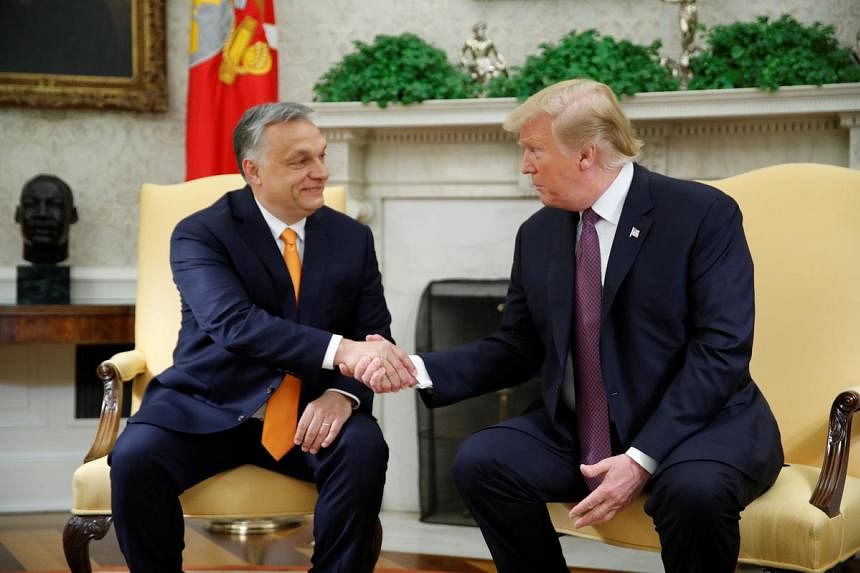

“European leaders” operate under a permanent disadvantage because they have to agree among themselves to do anything. This leaves them unable to take the initiative geopolitically, and prone to taking whatever’s the path of least resistance lying before them. The US and Russia have concluded that Europe will roll over and accept whatever they are presented with, after some angsty wailing, and unfortunately they are probably right. Not inviting Europe to talks is just a dominance move showing that they know the Europeans can’t do anything about it.
Unfortunately for Europe, this is just the logical end point of their institutional arrangements. In a domain like geopolitics, where there are intelligent players looking for advantage, it is suicidal to turn off your ability to make decisions.




I don’t see it happening. Increased military spending, sure, but individual member states will not give up their authority on war and geopolitical matters. Will France or Germany abolish their ministries and delegate it all to von der Leyen? So the structural problem remains.